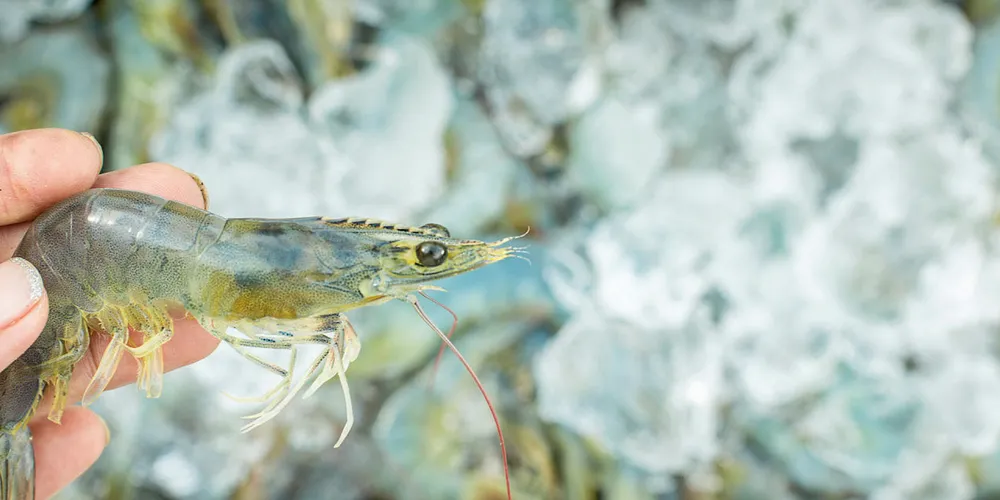US customs enforcement rules Minh Phu skirted antidumping duties by misrepresenting Indian shrimp as Vietnamese product
Consignments from a US affiliate skirted antidumping duties on Indian frozen warmwater shrimp, the US Customs and Border Protection agency ruled.
